- Home
-
Games
-
Movies & TV
-
Videos
- Comics & Books
- Podcasts
- Store
- Who We Are
- ---
- Login
- Account
- Our Circle
- Contact Us
- ---
- WANT TO CONTRIBUTE?
- Privacy Policy
- Terms of Service
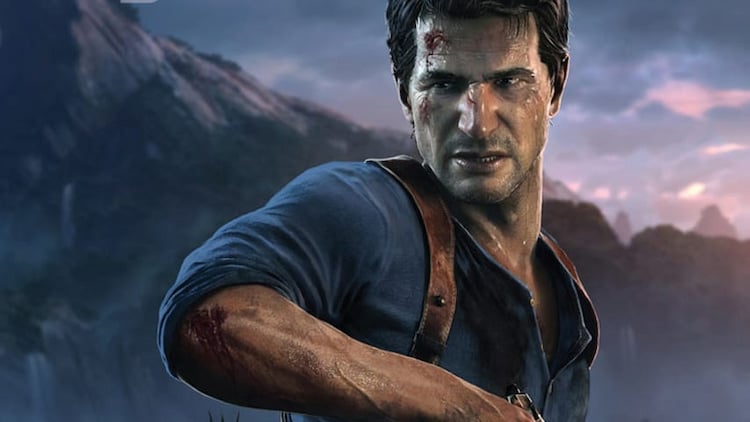
Narrative in video games has been a mixed bag for as long as it’s been around. Some terrific stories have been told through the medium, and some that have not been so good. There is, however, something so powerful about experiencing a story as a playable character. Taking control of the protagonist, even just in gameplay segments, feels a ton more immersive than just sitting back and watching a TV show or a movie. Their fate rests solely in your hands, and your choices may impact how the experience plays out. This immersion can create Ludonarrative Dissonance. Let’s find out what that means.
Ludonarrative Dissonance is a complicated term, but here’s a simple way to explain it. There is often a conflict between the way a video game’s narrative is told through its story and the narrative that can be implied by the gameplay. A protagonist portrayed as the moral hero may do a lot of killing in a video game where their principles may contradict that message.
The Uncharted series is possibly the best example, portraying Nathan Drake as a good guy through its story, while during gameplay, he goes through a lot of bad guys, and by go through, I mean straight-up murder. It’s not uncommon to finish an Uncharted playthrough with at least a few hundred kills. This side of the gameplay is largely glossed over and intentionally designed to be ignored. This is deliberate so that the player does not feel guilty for killing a bunch of bad guys who probably all have families they could have gone home to, as Nate casually quips out a one-liner. Feel bad yet?

Neil Druckmann, the director behind the Uncharted games, has defended his use of violence in the Uncharted games but does admit that it poses a problem. At a PlayStation Experience panel, he mentioned that although it is problematic, an action video game becomes a “stylized reality” and that “in an action game, you’re probably gonna kill more people than you see in a film.” This totally stands to reason, as a game wouldn’t be too fun if it didn’t have any of the gameplay to match its genre.
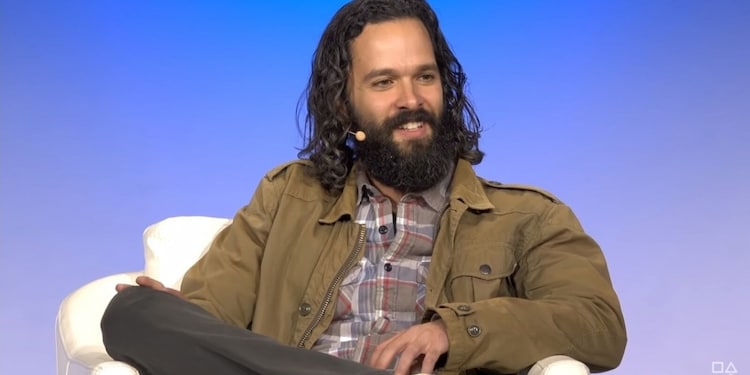
One of the main goals of any video game developer is to give the player as much control as possible in their game so that their experience feels unique and as if they are controlling the action. This is the main objective of immersion in video games, to make the player feel like a part of this fictional world. In a video game featuring combat, a player could play it more aggressively or passively based on their own preference. This could significantly alter the narrative experience should the player be aware of that.
Having said that, there are examples of where this can be used to strengthen a video game narrative. In a game like The Last of Us Part II, playing the game more violently correlates perfectly with the game’s core theme and tone. The player is encouraged to choose violence and then exposed to its harsh brutality. The gameplay and narrative elements then seamlessly work together to elicit an emotional response from the player.
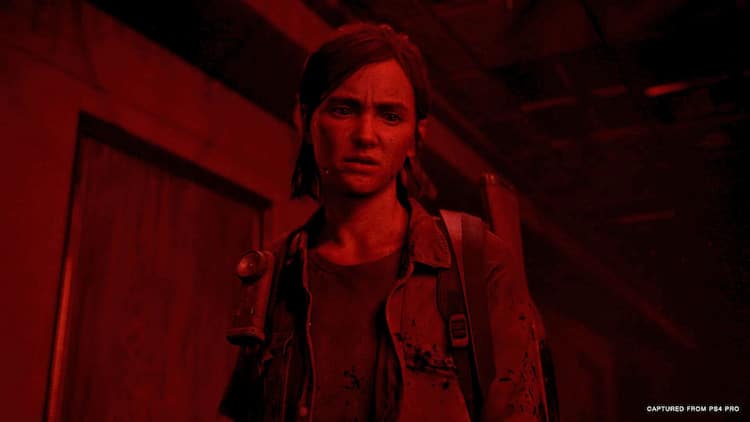
With The Last of Us being a prime example, a game like Dead Space also excels at this, creating what is then called Ludonarrative Consistency. Regardless of how the game is played, the gameplay matches the theme and tone of the story. Dead Space is noted for this consistency and is incredibly effective at conveying the fear and remoteness of the game’s concept. Survival horror in video games constantly achieves this by immersing the player in a world where they have to do whatever it takes to survive. Gameplay and story harmoniously act together to drive the horror home.
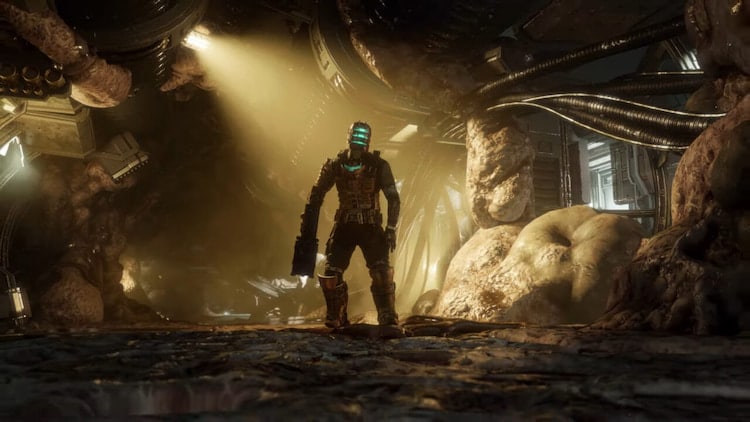
By the way, our awesome community manager Pagan McGrath, played through Dead Space 2 on our YouTube channel, and it was awesome! Check it out here.
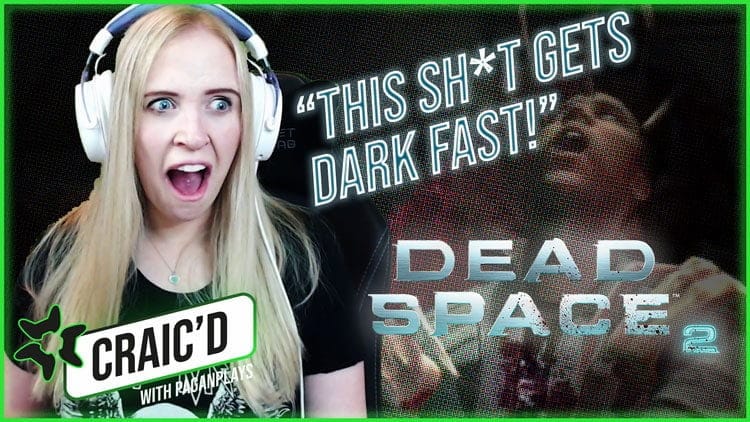
While much can and has been said about violence in video games, so many games would be nowhere near as fun if it wasn’t for it. While video game narratives may become dissonant, games continue to deliver exciting and tremendously enjoyable experiences. So, maybe next time, you might consider taking it easy on those pesky henchmen that are just trying to earn a living. But I do suppose it is way more fun annihilating everything in your path, however ruthless that may seem. Sorry henchmen! Maybe you should try a different career path? I hear Ikea is hiring.
Anyways, that’s your video game theory lesson for the day. Any thoughts on Ludonarrative Dissonance? Do you have any cool examples of it? We would love to talk about it.
That’s it for today, no homework, class dismissed.

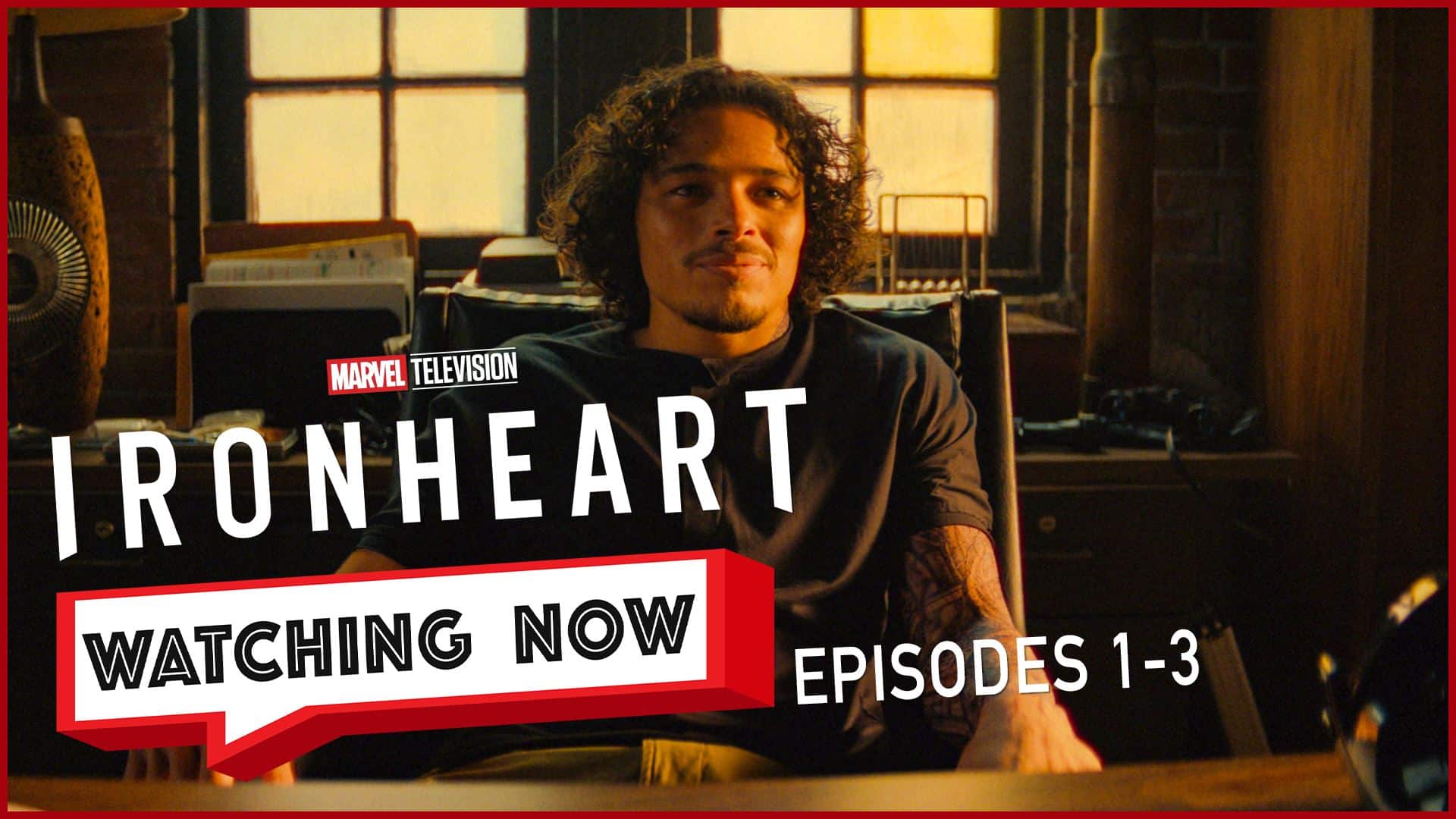
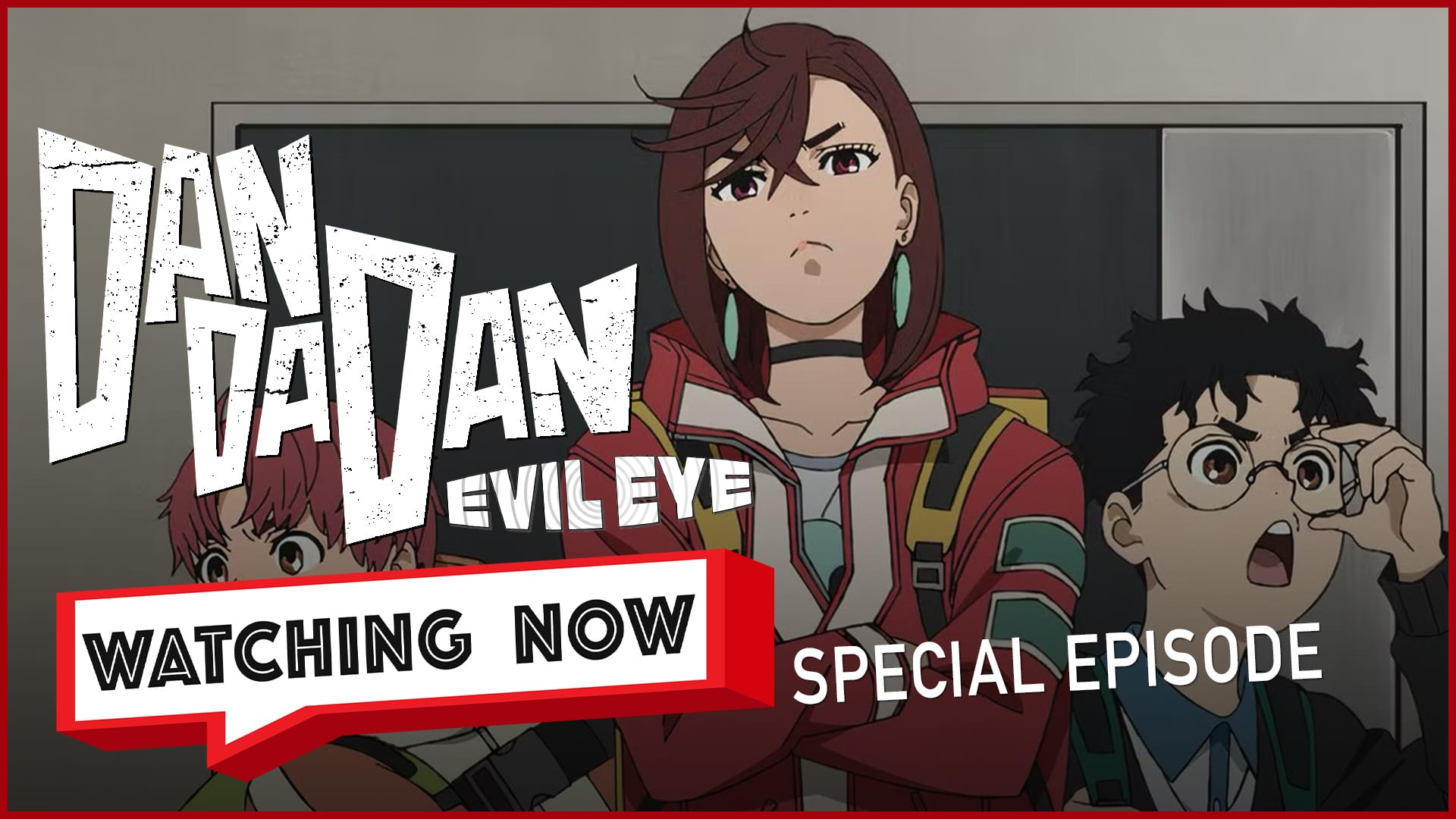

YOOOOO this was so good! Thank you for writing this.
Thanks Michelle 🙂 Glad you enjoyed it 🙂